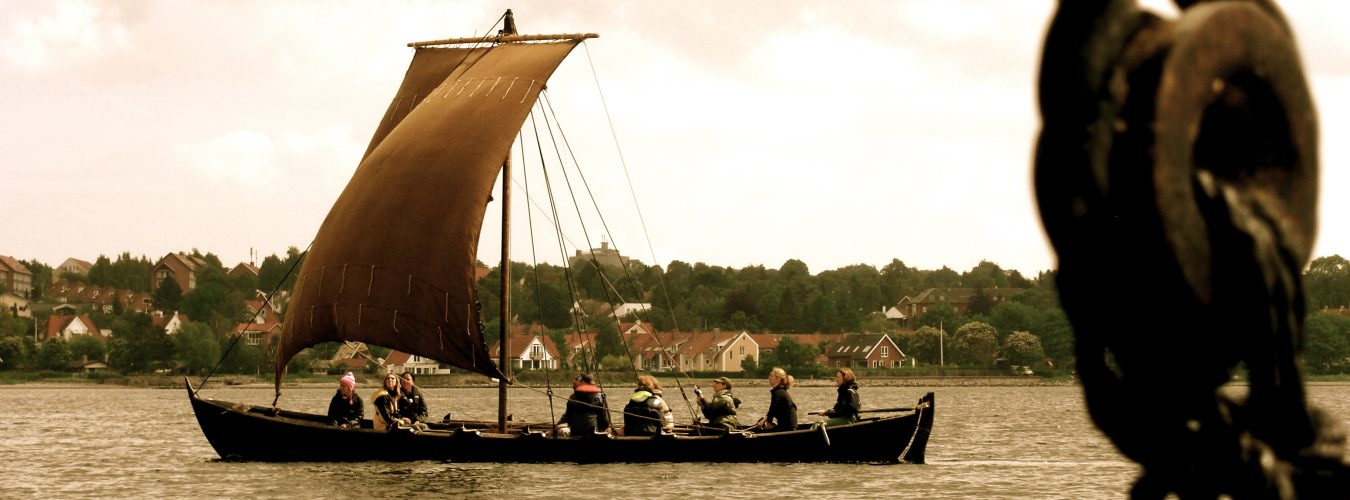The Illyrian Coastal Exploration Program (ICEP) is an interdisciplinary underwater sciences field school exploring the eastern Adriatic coastline through archaeology, ecology, and geology. The field school partners with leading research centers in each Balkan country such as the International Centre for Underwater Archaeology in Croatia (ICUA) and the Regional Center for Underwater De-Mining in Bijela (RCUD), Montenegro, as well as RPM Nautical Foundation. Course credit is offered through Transylvania University (Kentucky, United States). This initial field school is a two week course in Croatia and Montenegro, co-directed by myself and Derek Smith.
We began with a week in Croatia aiding ongoing research into the shipwrecks of Zadar county. Directed by Dr. Luka Bekić, the ICUA is an UNESCO facility that has established itself as a leader in maritime archaeology. The first day of the field school, ICUA archaeologist and education coordinator Mladen Pešić taught a Nautical Archaeology Society (NAS) Introduction course. The second day consisted of a conservation component led by Mladen Mustaček in the excellent conservation facility on the Centre’s grounds. The following five days were spent surveying reported wreck sites with Dr. Bekić, Pešić, and ICUA archaeologist Marina Šimičić as part of a five year maritime survey project covering Zadar County.
I was struck by the level at which the entire coast of Croatia is imbued with maritime culture. Croatia has thousands of islands and sailing is a regular activity for most people living on the coast. Many individuals live on the islands and commute to work in the mainland cities. After working in Albania and Montenegro for the last 4 years, I was unprepared for volume of sailboats, water taxis, fishing vessels, and workboats. While many countries have moved beyond their maritime pasts in favor of cars, trucks, and bikes, watercraft are still integral to Croatian life.
The archaeological sites mirrored this way of life. In the lee of every islet was a scatter of ceramics revealing ancient anchorage sites. Ceramics collected as part of the survey show ancient trade from all over the Mediterranean such as the Aegean and North Africa. Anchorages were not the only sites surveyed however. We investigated several wrecks that sank in shallow waters, demonstrating the differences between wrecks and anchorages to the students. As an interdisciplinary field school, students also collected ecological data. They learned why certain sponges grow on specific artefacts, how fish can indicate where wrecks are while on scuba surveys, and how an octopus is an archaeologist’s best friend. The strength of the field school in an interdisciplinary approach and we stress to the students how different disciplines can save time and add information that we would otherwise miss. You can see photos of the students at work and the artefacts at the field school’s Facebook page.
The ICEP staff is composed of Dr. Chris Begley (Transylvania University), Dr. Derek Irwin (Université Paris Ouest), Dr. Kurt Knoerl (Museum of Underwater Archaeology), Howard Phoenix (RPM Nautical Foundation), Dr. Jeff Royal (RPM Nautical Foundation), Derek Smith (University of Washington), Petra Zdravkovic (University of Belgrade), and myself, as well as crew chiefs Nick Bartos (Brown University) and Lee Pape (West Florida University). We would like to thank Dr. Bekić and the ICUA staff for an incredible week of education and research.
In the next post I will explore the underwater cultural heritage of Montenegro as we partner with the RCUD to examine shipwrecks, underwater caves, and a city’s submerged remains.












